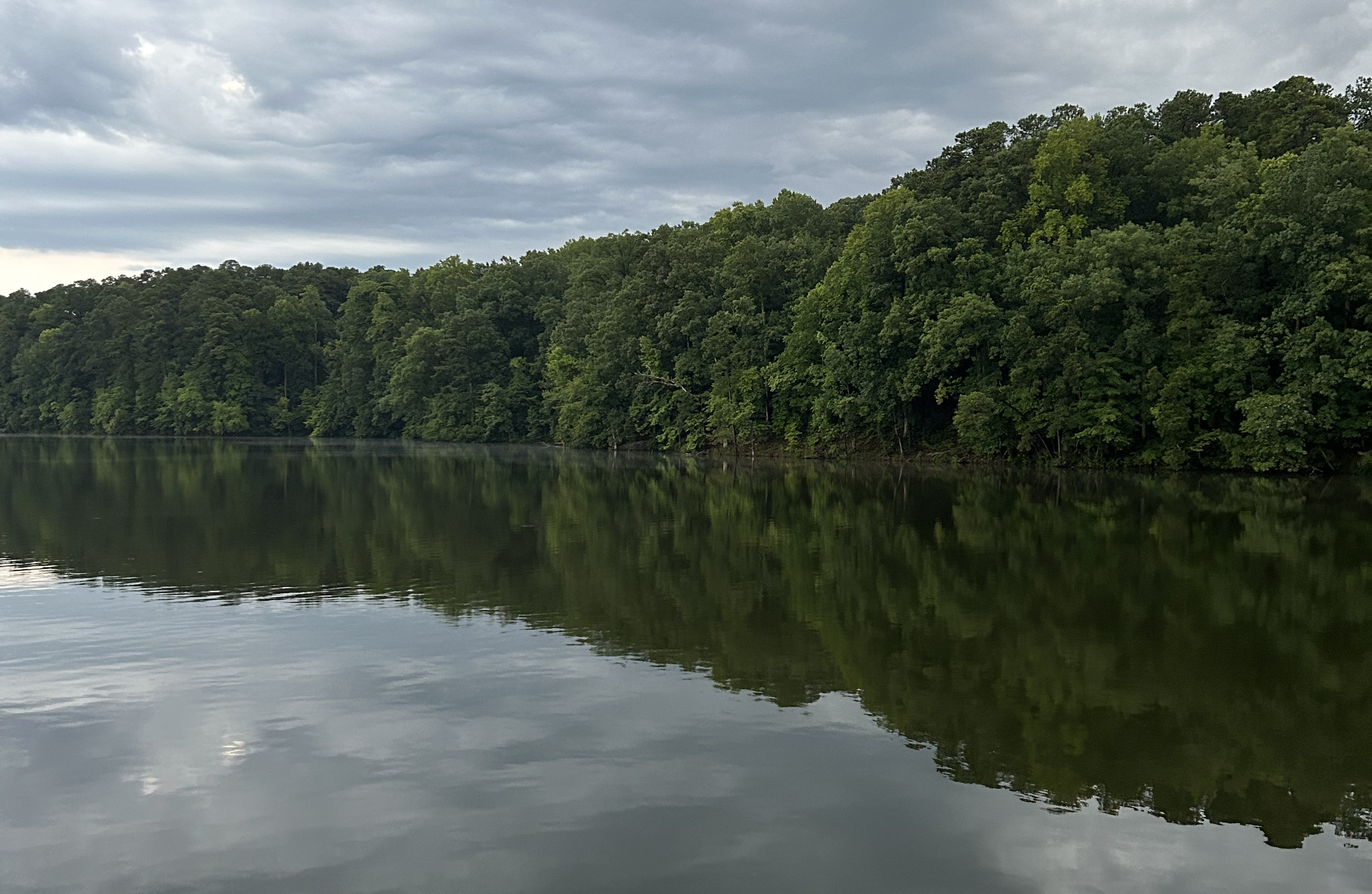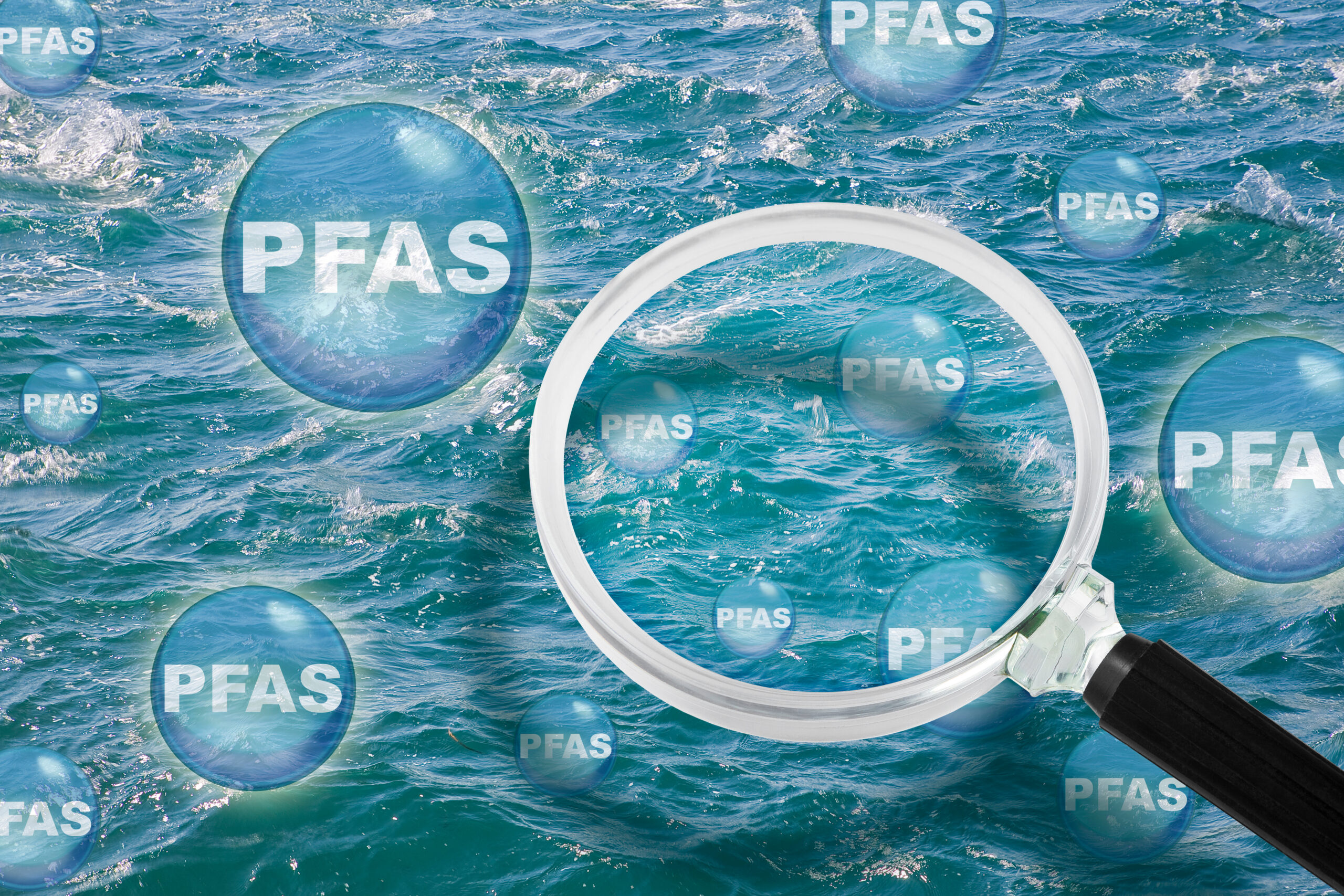NC Water Utilities Continue to Provide Safe, Reliable Water

With news and information about the novel coronavirus constantly evolving, it is reassuring to know some things remain the same amidst all the changes. One of those things is the availability of safe, clean, reliable drinking water – something water utilities like the members of the Urban Water Consortium are working hard to maintain in the COVID-19 pandemic.
The water utility systems the community relies on for reliable drinking water and wastewater treatment are still hard at work, delivering safe, clean water to consumers. Many are also instituting temporary changes to further ensure the health and safety of their customers and staff, as well as maintain access to crucial clean water for those financially affected by the virus or precautions against its spread.
Drinking Water
According to the Centers for Disease Control and Prevention (CDC)*, one of the most important safety measures to mitigate the spread of the disease is proper handwashing. In order for handwashing to be effective, people must have access to water they can trust is free of harmful pathogens.
Based on the current research from the CDC and the Environmental Protection Agency (EPA)**, there is a low possibility for water supplies to become contaminated by COVID-19, since current water treatment processes disinfect and kill pathogens, including viruses. Therefore, water utilities assure their customers that tap water is safe to drink and use for hygienic and cooking purposes.
Temporary Services and Plans
Understanding the importance of maintaining proper hygiene and having reliable access to drinking water, the State Utilities Commission is temporarily suspending the disconnection of water services. This order applies to investor-owned utilities under the Utilities Commission’s regulation and not to local government water or wastewater utilities. However, multiple local government water and wastewater utilities are also following suit.
For example, Raleigh Water, Orange Water & Sewer Authority (OWASA), the City of Greensboro, the Town of Cary, Fayetteville Public Works Commission (PWC) and the Cape Fear Public Utility Authority (CFPUA) are among some of the local government agencies also temporarily suspending the disconnection of water services.
Starting from March 31, Raleigh Water is suspending all late payment fees for domestic residential water service for 60 days and is offering courtesy payment plans.
Additionally, in an effort to help families who may be using more water at home during this time, Raleigh Water is increasing the threshold for second- tier and third- tier residential water rates. Second- tier residential water rates have gone from a limit of 7,500 gallons per month to 15,000 gallons per month, Raleigh water intends for this measure to hopefully reduce the number of customers who would be charged the third- tier water rate, which is the most expensive.
Water utilities are redirecting customers to their alternate payment method services to further minimize human-to-human interactions. As such, OWASA’s administrative offices, PWC’s customer service payment center, the City of Burlington municipal annex building, and Greenville Utilities (GUC) customer service centers are currently closed to the public.
Despite this, online payments, phone services and drive-thru lanes will still be open at these locations and Raleigh Water, the City of Greensboro and Charlotte Water is accepting online payments as well. Additionally, the City of Greensboro is waiving the extra one dollar convenience fee for paying by phone and online.
To better avoid these interactions and to minimize the spread of the virus, some utilities, such as OWASA, have suspended activities involving handing out paper notices to their customers. The Town of Cary has implemented more thorough cleaning and sanitizing protocols for employees at fire stations, water treatment facilities, fire and police vehicles, and the Town of Cary’s Emergency Operations Center.
Winston-Salem/Forsyth County Utilities (WSFC) water and wastewater treatment facilities remain staffed to provide services to the region. The local government’s utilities guarantees that crews will continue to read meters and respond to any water and sewer emergencies, in which staff will follow the CDC’s safety guidelines of social distancing and hand hygiene when interacting with a customer. To avoid human-to-human interaction, WSFC’s staff will not be collecting customer-requested water samples and other non-urgent, time-sensitive services may be postponed until further notice.
While operation hours at many utilities have been adjusted, offices like the City of Burlington Water Resources’s Collections and Customer Services division remains staffed to ensure proper collection of property tax revenues and utility billing.
The Cape Fear Public Utility Authority’s (CFPUA) staff continues to work round the clock as well and recently had crews working with a contractor while fixing a water line break.
Caring for Communities
During these unprecedented times, investor-owned and local government-regulated water utility services are working on adjusting their services and payment processes to better serve the community. As they monitor the situation, they will continue to make adjustments and changes as necessary. Above all, water utilities are eager to assure water users that tap water is, as always, safe to drink and use for cooking and hygiene, especially now that proper and frequent handwashing is so crucial to keeping the community safe and healthy.
Learn more about the Urban Water Consortium on our site.
Citations:
* https://wrri.ncsu.edu/nc-water-utilities-provide-safe-reliable-water/
**https://www.epa.gov/coronavirus/coronavirus-and-drinking-water-and-wastewater


